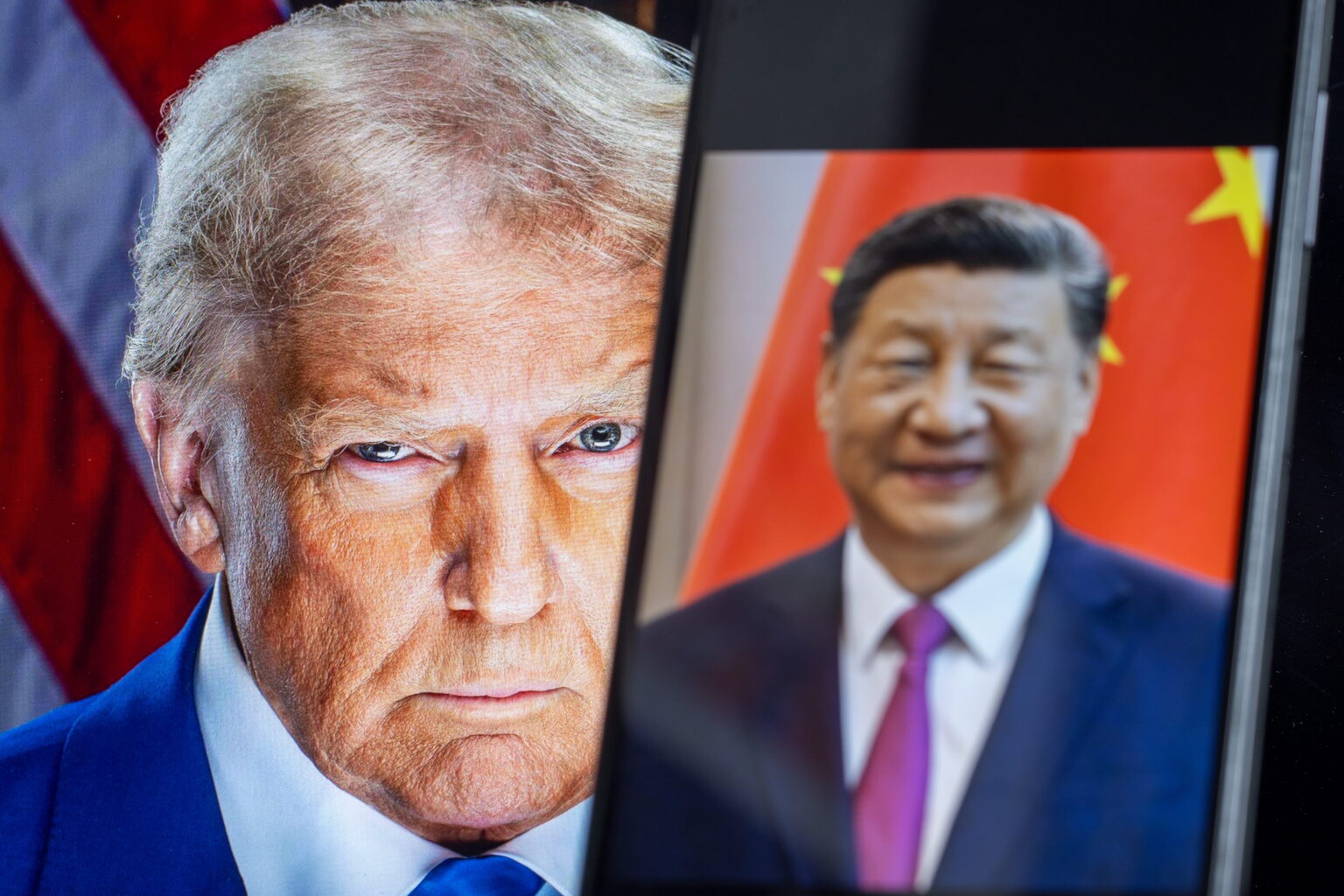President Donald Trump has proposed reducing tariffs on Chinese imports from 145% to 80%, signaling a potential shift in the ongoing trade war between the United States and China. This proposal comes ahead of critical negotiations in Geneva involving U.S. Treasury Secretary Scott Bessent, Trade Representative Jamieson Greer, and Chinese Vice Premier He Lifeng. The suggested reduction aims to deescalate tensions that have seen both nations impose steep tariffs on each other’s goods, with China’s retaliatory tariffs reaching up to 125%.
Despite the proposed cut, the 80% tariff remains significantly higher than pre-trade war levels, raising concerns about continued strain on global supply chains and consumer prices. The U.S. administration has indicated that certain tariffs, particularly those related to China’s alleged failure to control fentanyl-related chemical exports, may remain unaffected by the negotiations .
Economic Impact and Global Repercussions
The escalating tariffs have had profound effects on both the U.S. and Chinese economies. In April 2025, China’s exports to the United States dropped sharply by 21% year-on-year. However, China’s overall exports rose by 8.1%, buoyed by increased trade with other economies, particularly in Asia, Africa, and Latin America .
In the United States, the trade deficit soared to a record $140.5 billion in March 2025, nearly doubling from the previous year. This surge was driven largely by a sharp rise in imports, especially pharmaceutical products, as businesses attempted to stockpile goods ahead of new tariffs . The U.S. economy contracted by 0.3% in the first quarter of 2025, marking the first decline in three years .
Global markets have responded with caution. U.S. stocks experienced volatility, with the S&P 500 and Dow Jones Industrial Average seeing fluctuations amid uncertainty over trade policies . Countries worldwide are feeling the pressure to align with either the U.S. or China, as the trade war reshapes global economic dynamics.
Diplomatic Efforts and Future Outlook
The upcoming negotiations in Geneva are seen as a critical juncture in the trade dispute. Swiss President Karin Keller-Sutter expressed hope that the talks would lay the groundwork for future agreements, despite initial discussions with U.S. officials yielding no immediate resolutions .
China has implemented various measures to mitigate the impact of U.S. tariffs, including monetary stimulus efforts such as interest rate cuts and increased funding for key sectors . Both nations have shown signs of willingness to engage in dialogue, but significant strategic differences remain. The outcome of the Geneva talks will likely influence the trajectory of the trade war and its broader implications for the global economy.


